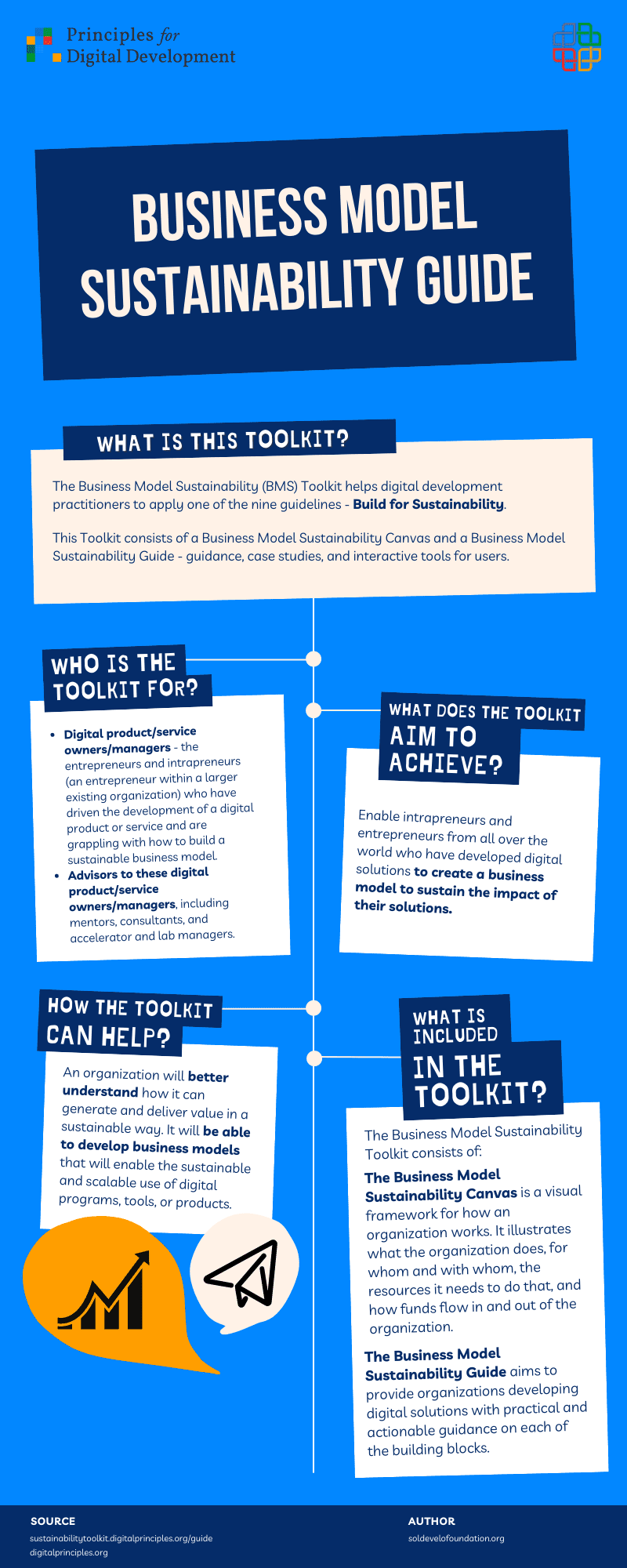Building Blocks: Designing a Resilient Business Model
In today’s fast-paced and constantly evolving digital era, businesses need to adapt and innovate in order to stay relevant and competitive. One of the key components to thriving in this environment is designing a resilient business model that can withstand challenges and uncertainties.
A resilient business model is like a strong foundation that supports the growth and success of a company. It is built on a combination of flexibility, adaptability, and innovation, allowing businesses to navigate through disruptions and changes in the market with ease.
One of the building blocks of a resilient business model is a customer-centric approach. By putting the needs and preferences of customers at the forefront of decision-making, businesses can create products and services that resonate with their target audience. This not only helps in building customer loyalty but also in staying ahead of competitors in the digital age.
Another important building block is a focus on innovation. In a rapidly changing digital landscape, businesses need to continuously evolve and adapt to new technologies and trends. By fostering a culture of innovation within the organization, companies can stay ahead of the curve and seize opportunities for growth.

Image Source: soldevelofoundation.org
Furthermore, a resilient business model should also include a strong emphasis on agility. Being able to pivot quickly in response to market changes or unexpected events is crucial for survival in the digital era. Businesses that are able to adapt and iterate on their strategies in a timely manner are better equipped to weather any storms that come their way.
Collaboration is another key building block of a resilient business model. By forming strategic partnerships with other companies or organizations, businesses can leverage each other’s strengths and resources to create new opportunities for growth. Collaboration also enables businesses to tap into new markets and reach a wider audience in the digital age.
Additionally, a resilient business model should prioritize sustainability and social responsibility. With increasing awareness around environmental issues and social impact, consumers are demanding more from the companies they support. By integrating sustainable practices into their operations and giving back to the community, businesses can build trust and loyalty among their customers.
Lastly, a resilient business model should include a strong focus on data and analytics. In the digital age, data is king, and businesses that are able to gather, analyze, and leverage data effectively are able to make better informed decisions and drive business growth. By harnessing the power of data, companies can gain valuable insights into customer behavior, market trends, and business performance.
In conclusion, designing a resilient business model is essential for success in the digital era. By focusing on building blocks such as customer-centricity, innovation, agility, collaboration, sustainability, and data analytics, businesses can create a strong foundation that will help them thrive in a rapidly changing and competitive landscape. By embracing these principles and adapting to the demands of the digital age, companies can position themselves for long-term success and growth.
Thriving in the Digital Age: Strategies for Success
In today’s fast-paced digital era, businesses are constantly evolving to keep up with the latest technological advancements and consumer trends. To stay ahead of the competition and remain relevant in the market, companies need to craft a resilient business model that can withstand the challenges of the digital age.
One of the key strategies for success in the digital age is to embrace innovation and adaptability. Businesses that are able to pivot quickly in response to changing market conditions and consumer demands are more likely to thrive in this rapidly evolving landscape. This means being open to new ideas, technologies, and business practices that can help drive growth and profitability.
Another important strategy for success in the digital age is to prioritize customer experience. In today’s hyper-connected world, consumers have more choices than ever before, and businesses need to go above and beyond to provide a seamless and personalized experience that keeps customers coming back for more. This may include investing in digital marketing strategies, improving website functionality, and leveraging data analytics to better understand and meet customer needs.
Additionally, businesses that are looking to thrive in the digital age must prioritize cybersecurity and data protection. With cyber threats on the rise, companies need to take proactive measures to secure their online assets and safeguard customer information. This may involve investing in secure technology solutions, implementing strict data privacy policies, and providing ongoing cybersecurity training for employees.
Furthermore, businesses can benefit from embracing a culture of continuous learning and development. In the digital age, technology is constantly evolving, and employees need to stay up-to-date on the latest trends and best practices to remain competitive in the market. By investing in employee training programs and fostering a culture of innovation and creativity, businesses can empower their teams to drive success in the digital era.
Another important strategy for success in the digital age is to leverage data and analytics to make informed business decisions. With the vast amount of data available today, businesses can gain valuable insights into consumer behavior, market trends, and operational efficiency. By harnessing the power of data analytics, companies can make more strategic decisions that drive growth and improve performance.
Lastly, businesses that are looking to thrive in the digital age must prioritize sustainability and social responsibility. In today’s socially conscious world, consumers are increasingly choosing brands that are environmentally friendly, ethically sourced, and socially responsible. By demonstrating a commitment to sustainability and giving back to the community, businesses can build trust and loyalty with customers, employees, and stakeholders.
In conclusion, thriving in the digital age requires businesses to be agile, customer-centric, secure, innovative, data-driven, and socially responsible. By adopting these strategies for success, companies can craft a resilient business model that is well-equipped to navigate the challenges and opportunities of the digital era.
Building a Sustainable Business Model in the Digital Age